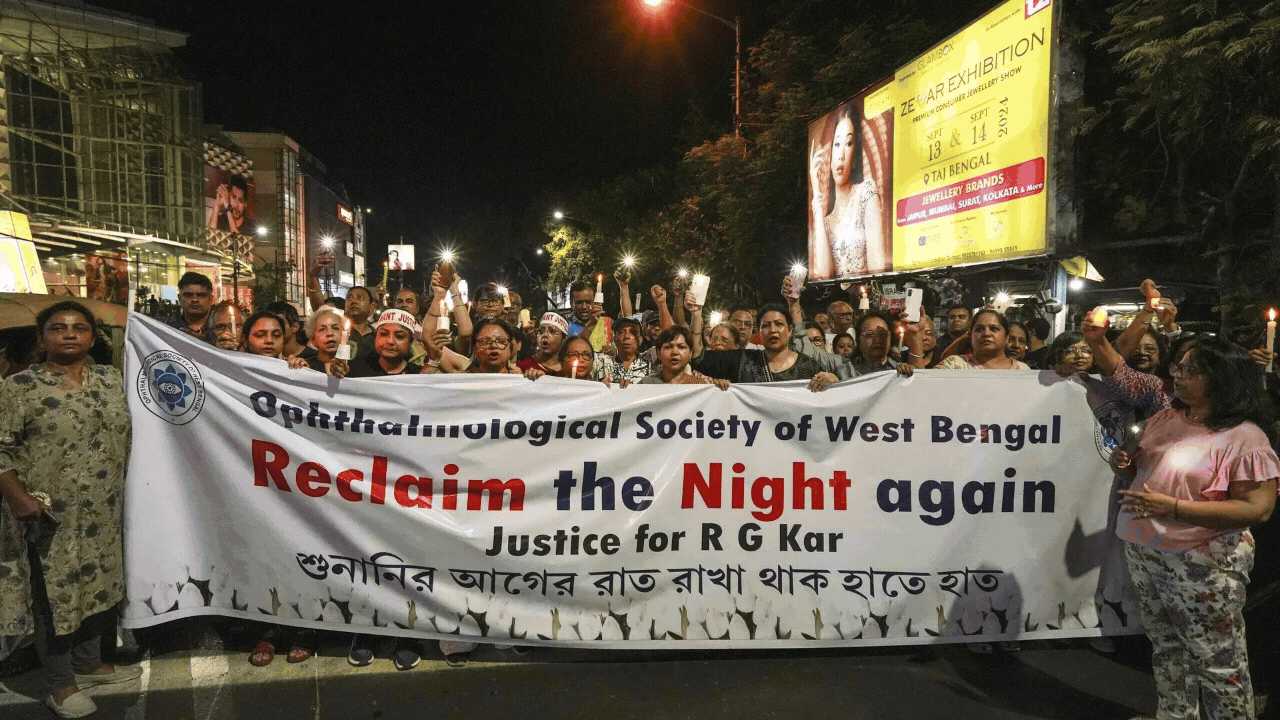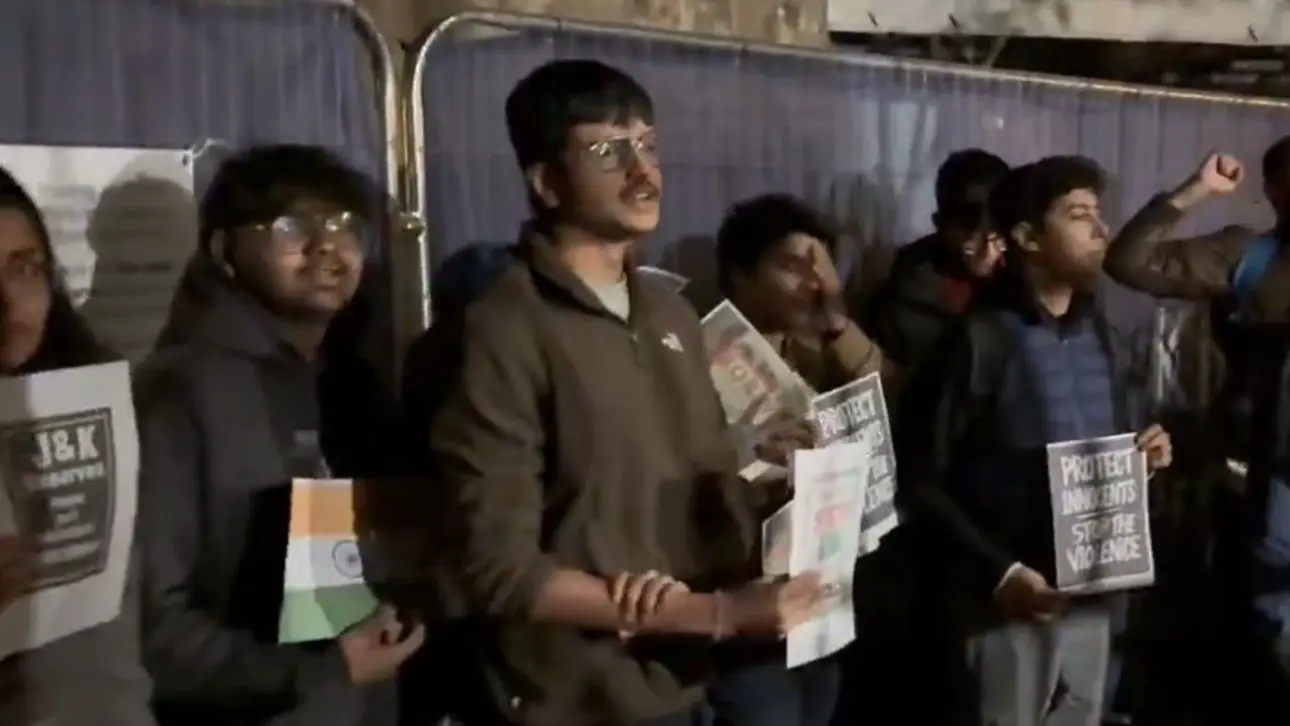KOLKATA: Members of the medical fraternity in Kolkata have expressed their disappointment over the recent court verdict in the RG Kar case, questioning how the rape and murder of a postgraduate trainee (PGT) doctor inside a hospital could not be considered a “rarest of rare” crime. The incident had sparked widespread outrage and protests that lasted nearly two months, demanding justice for the victim.
Doctors acknowledged that they anticipated convict Sanjay Roy would either receive a death sentence or life imprisonment. However, they were disheartened by the court’s decision to categorize the crime as “not rarest of rare,” despite the global outcry it triggered.
“With due respect to the court’s ruling, it is deeply disappointing that this case has not been deemed ‘rarest of rare.’ The death penalty ruling can be appealed in a higher court. Even the Supreme Court took suo motu cognizance of the case. How can this not be considered a rarest of rare case?” said Dr. Tapas Pramanick, emergency medical officer at RG Kar Medical College.
For Pramanick, Roy’s conviction provided only “partial closure.” He emphasized that justice would not be fully served until all individuals involved in the crime, particularly those with influential connections, were brought to justice. “We will continue our agitation and maintain pressure on the CBI and the administration until every culprit is held accountable,” he added.
Meanwhile, several protesters who had taken to the streets following the crime expressed their determination to persist until all perpetrators were punished.
“We expect the judiciary to actively supervise this case to ensure that every single person responsible for this heinous crime is identified and prosecuted. While legal action is crucial, it is not sufficient. We also need actionable social reforms and policy-level changes to prevent such incidents in the future. Achieving this will be a long-term struggle,” said Rimjhim Sinha, who initiated the ‘Reclaim the Night’ movement on August 14 last year.
The movement has gained significant traction, highlighting the need for both judicial and societal changes to address crimes against women in institutional settings.




